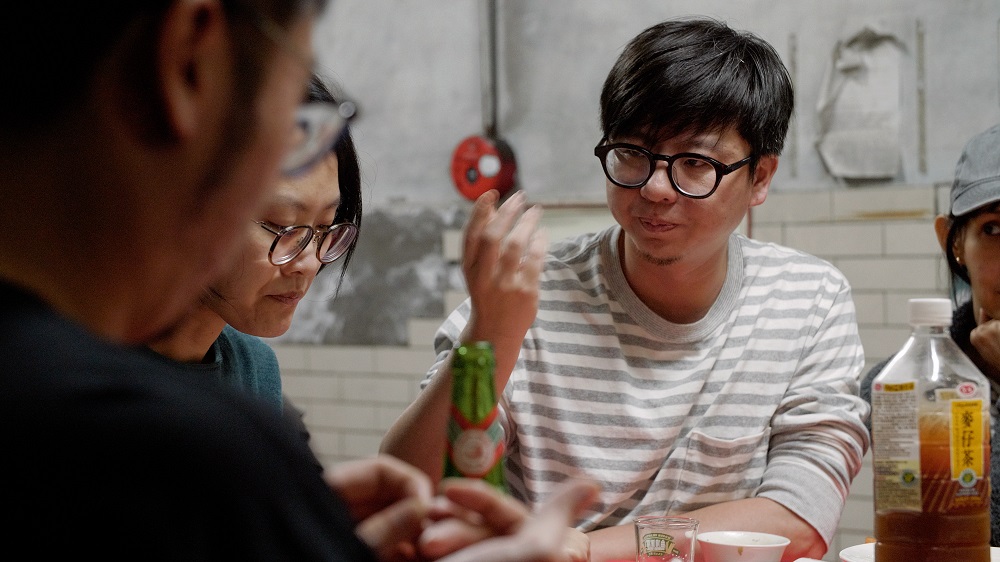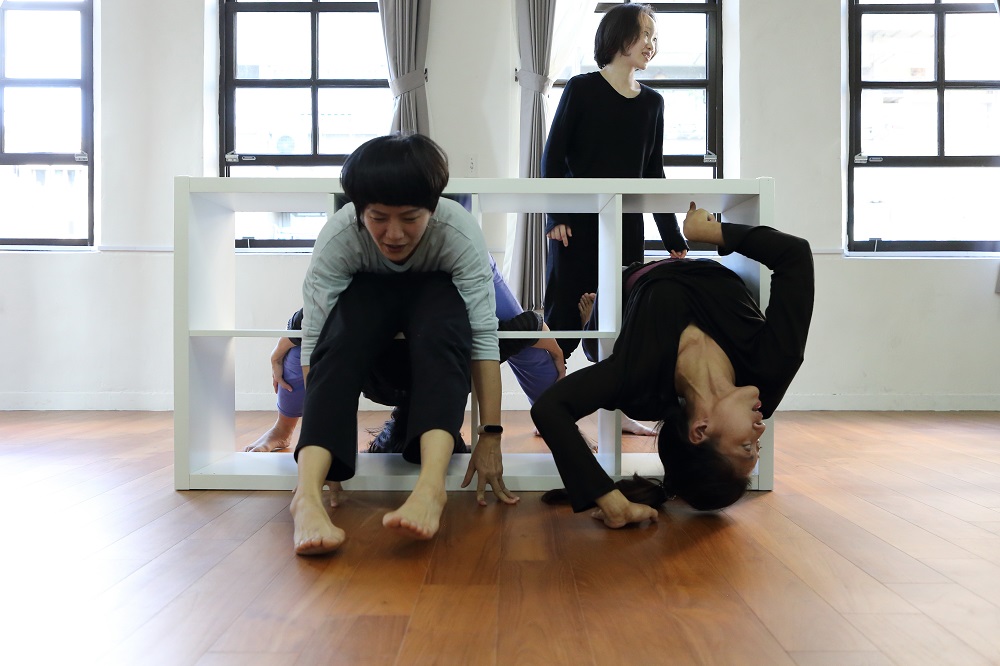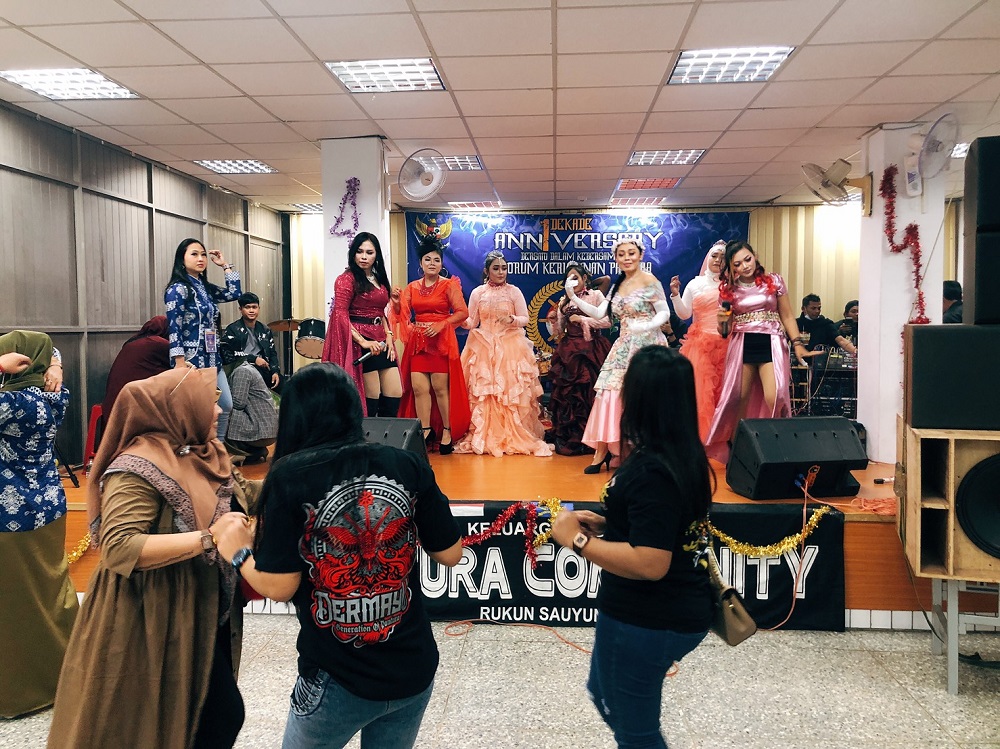

Sketching Singapore Literary Exchange & Writing Project
"Sketching Singapore" is a literary exchange and writing project that attempts to introduce new perspectives for understanding Singaporean literature. The project breaks away from existing perspectives on Chinese literature from Singapore to potentially uncover a possibility for juxtaposition with Taiwanese literature.
The name of the project was inspired by Malay Sketches, a collection of short stories by Singaporean author - Alfian Sa'at, which was named after another book, also named Malay Sketches, by Frank Swettenham, a British officer in Malaysia when it was still a British colony. Alfan Sa'at's Malay Sketches is a significant piece of Singaporean literature that tells the story of ethnic minorities. "Sketching Singapore" attempts to expand on the spirit of "Malay Sketches" by conducting in-depth interviews, writings, and commentary on culture and art scenarios in Singapore. Wu Ting-Kuan, the principal investigator, recruited ten authors from Taiwan, Singapore, Malaysia, Australia, etc. and of different backgrounds such as literary writing, translation, performing arts, media, publishing, channels, academic research, and education. They were asked to write a feature article, commentary, or observation which would then be included in the Sketching Singapore publication. The articles covered Singaporean Chinese literature, Malay literature, Tamil literature, and English poetry and even extended as far as genres relating to social issues such as queer literature or migrant workers' writing. Other featured articles on extensions of literature, i.e., the folk song movement and Chinese theater, as well as knowledge production beyond the institutions of academia elites present a whole new Singapore before the Taiwanese public through different literary angles. The authors were Sally Sung Chia-Yu, Neo Hai Bin, Feng Yue-Ming, Tan Waln Ching, Teo Jia Jia, Luka Zhang Lei, Show Ying Xin, Faris Joraimi, K. Kanagalatha, Ng Yi-Sheng, and Sebastian Susilo (translator).
 Wu Ting-Kuan
Wu Ting-Kuan
Wu Ting-Kuan is a cultural activist. He is strongly interested in Malay Archipelago, especially in Indonesian migrant workers’ cultural practices. He attempts to explore the historical facts beyond labor/migration, and develops multi-voiced and border-crossing narratives through collaborations.





